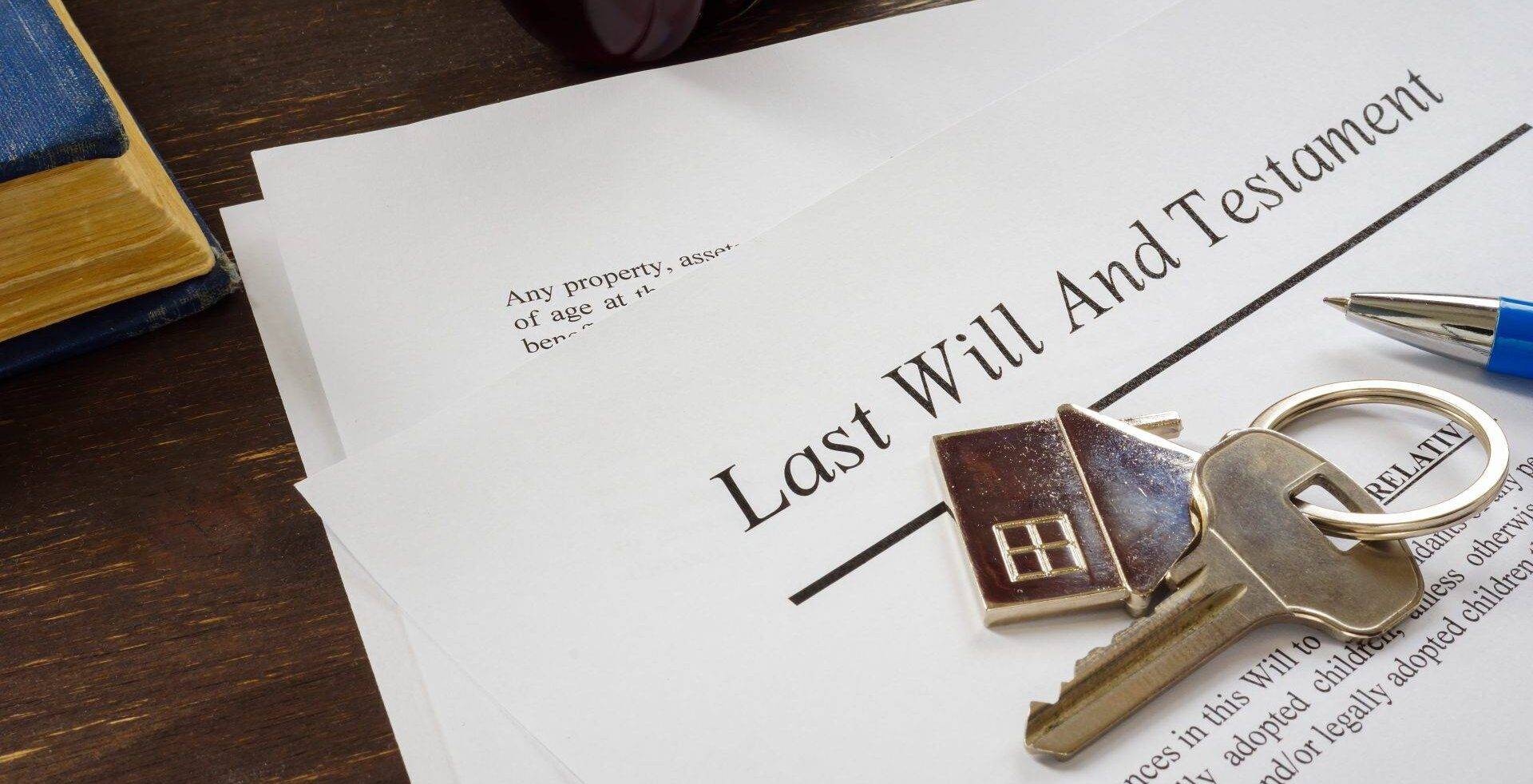A new law came into effect in Ontario, Canada on 1 January 2022 providing that a Will is no longer automatically revoked (cancelled) when getting married.
How does this compare to the law in England and Wales?
Marriage/civil partnership
It is important to understand the effect of getting married, registering a civil partnership, and getting divorced when it comes to your Will.
When you get married or register a civil partnership, any existing Will is automatically revoked – unless a very express provision is made within the Will to the contrary (i.e. in contemplation of marriage). This means that the Will is treated as though it no longer exists and if a person died without making a new Will, the Will would not be taken into account and that person would have died intestate (without a Will).
When a person dies intestate, the rules of intestacy, set out in legalisation, govern how your estate is distributed. If you are married or in a civil partnership, the rules provide for your estate (up to the value of £270,000) to pass to your spouse/civil partner. If the estate is over that value, the remainder is divided in half and passes to your spouse/civil partner and any surviving children.
Therefore, it is imperative that a person makes a new Will if they do not want the intestacy rules to apply on their death as soon as practicably possible after marriage or a registration of a civil partnership.
Divorce/dissolution of civil partnership
Many people think that when they get divorced or dissolve a civil partnership their Will is revoked. This is incorrect; any existing Will does remain valid but it does have the effect of treating your ex-spouse/civil partner as though they died when the marriage/civil partnership ended.
Therefore, changing your Will at this stage is again extremely important. You want to ensure that our estate is going to be distributed how you would want if the above were to happen.
Contentious probate claims
When making claims to challenge the validity of a deceased’s Will, it is important to understand how their estate would be distributed under any Will they made and on an intestacy. The fact that the deceased had, for example, got divorced and then died without making a new Will, will not succeed in a claim that the Will is invalid.
Claims to challenge the validity of a Will are more commonly brought:
- Where there is doubt as to the testator’s capacity to make a Will;
- Where they lack knowledge and approval of their Will; and
- Where their Will was made subject to undue influence of another (coercion).
If you do not update your Will following the above events, family members who you would have wished to inherit in those circumstances may no longer. This could lead to claims against your estate under the Inheritance (Provision for Family and Dependants) Act 1975 for reasonable financial provision if they meet certain criteria. Estate claims are incurring substantial legal costs, so planning ahead is always the safest option.
Obtaining advice on any claims against a person’s estate is advisable as soon as possible after their death as deadlines apply. Ideally, you want to avoid the estate being distributed before your claim is brought, although it can still be possible to bring claims after distribution.
How can we help
If you have any questions concerning the topics discussed in this article, please contact a member of our Dispute Resolution team in Derby, Leicester, or Nottingham on 0800 024 1976 or via our online enquiry form.
Contact us


